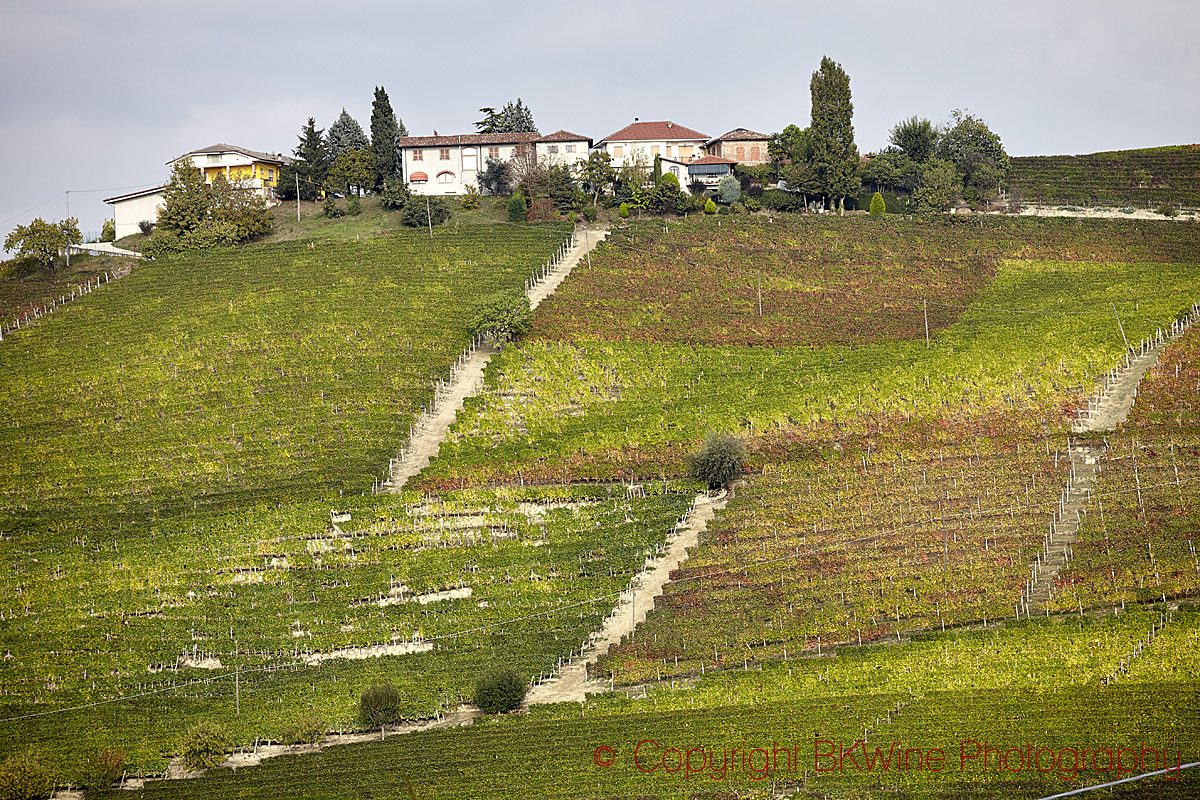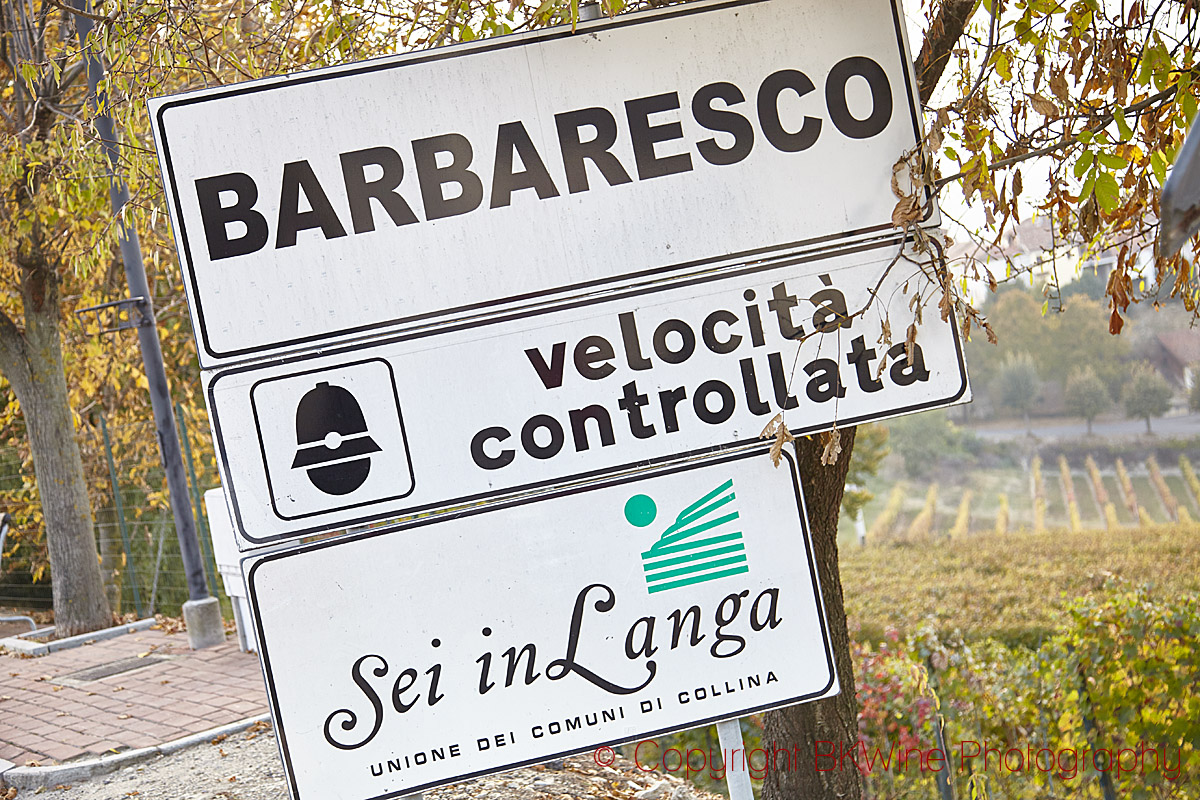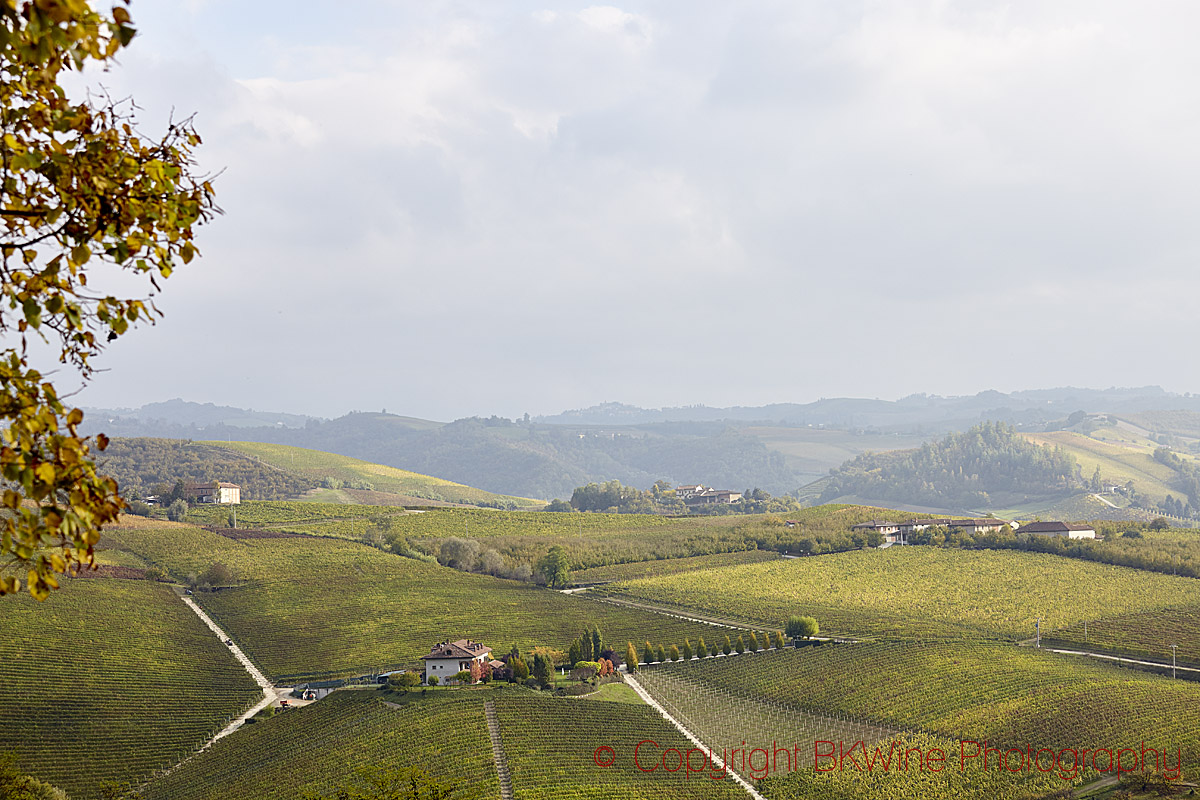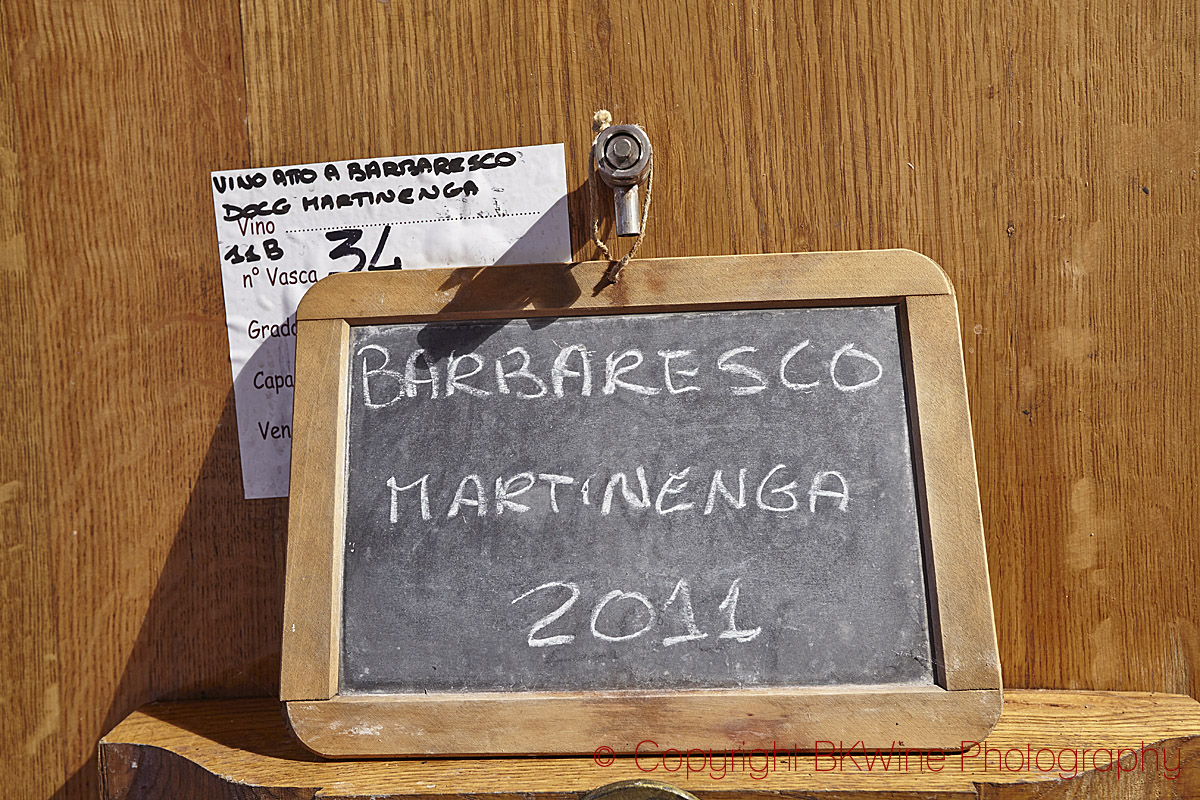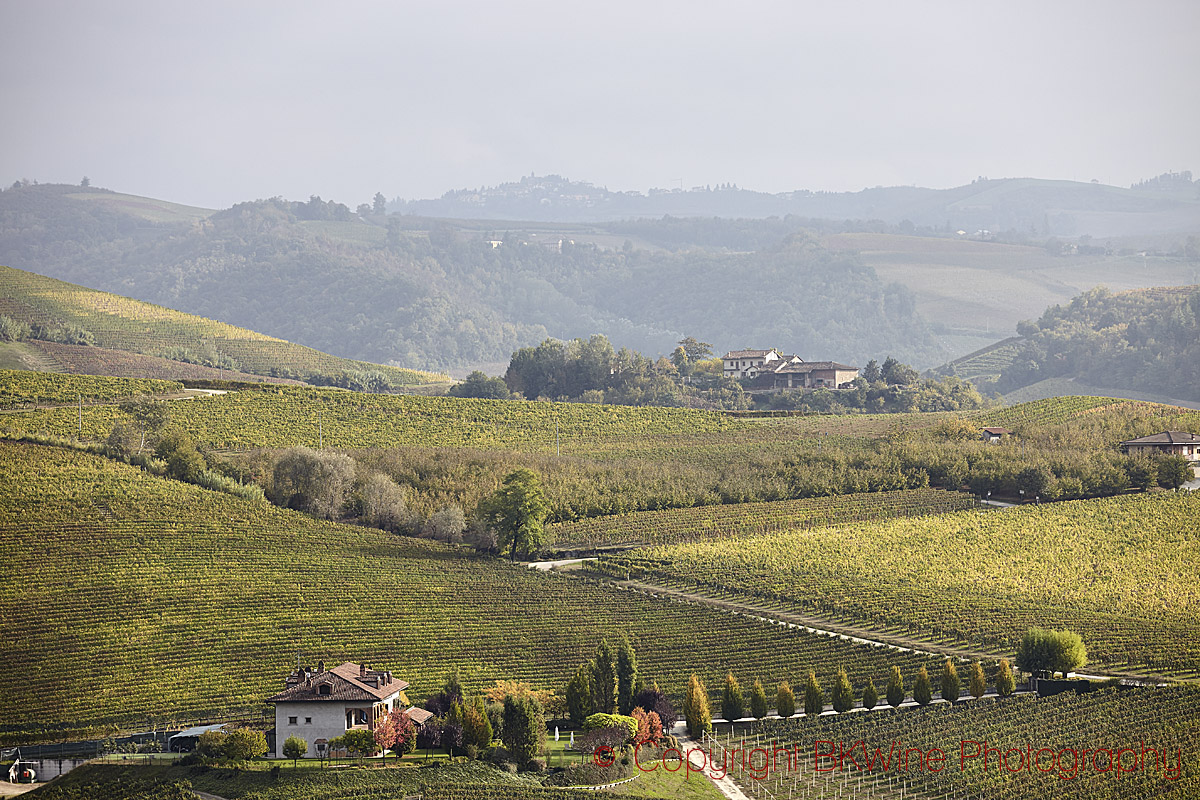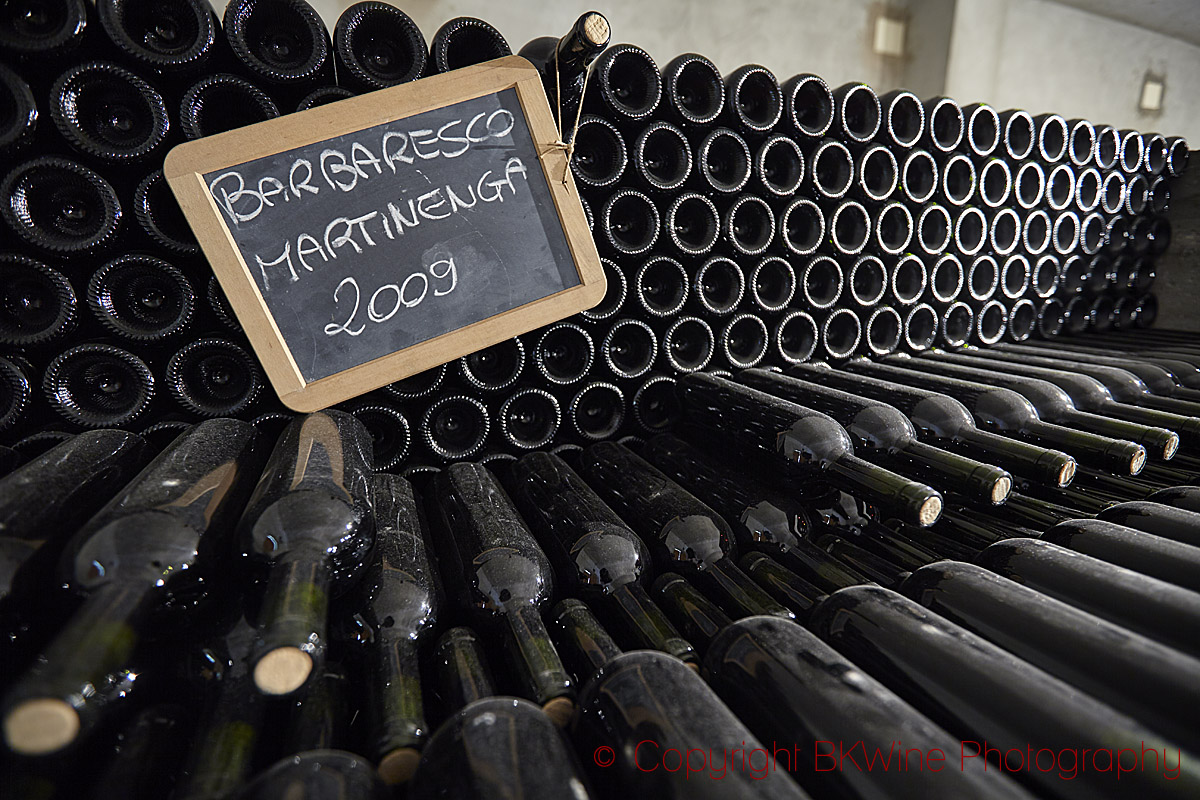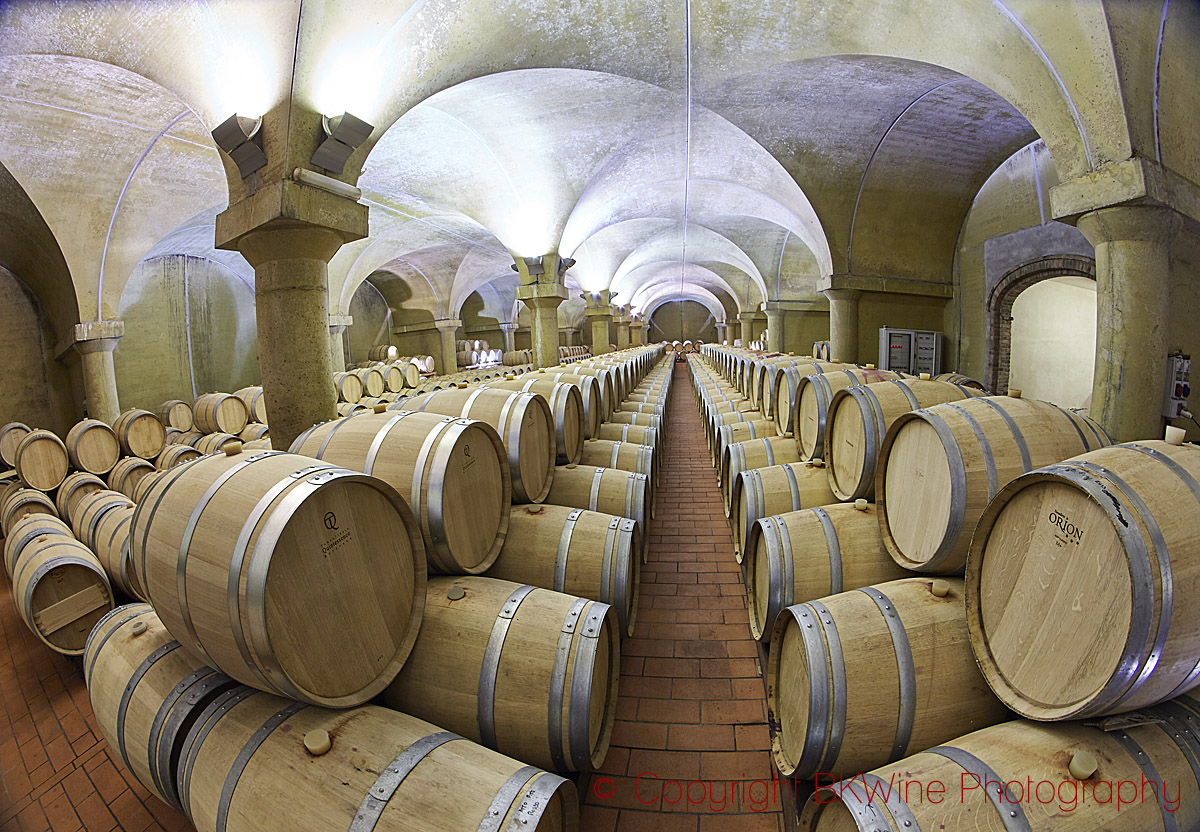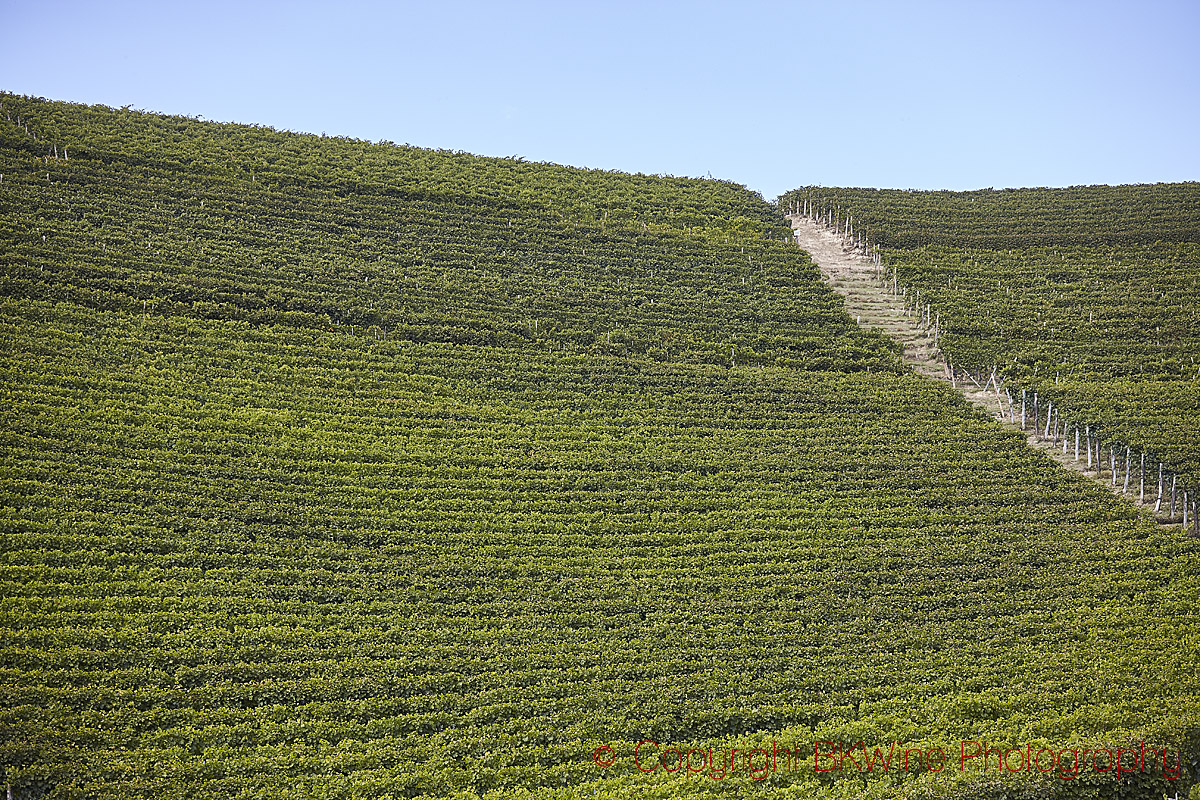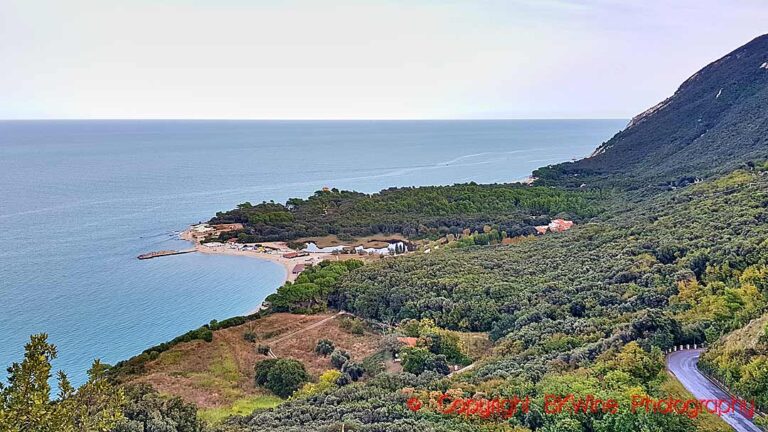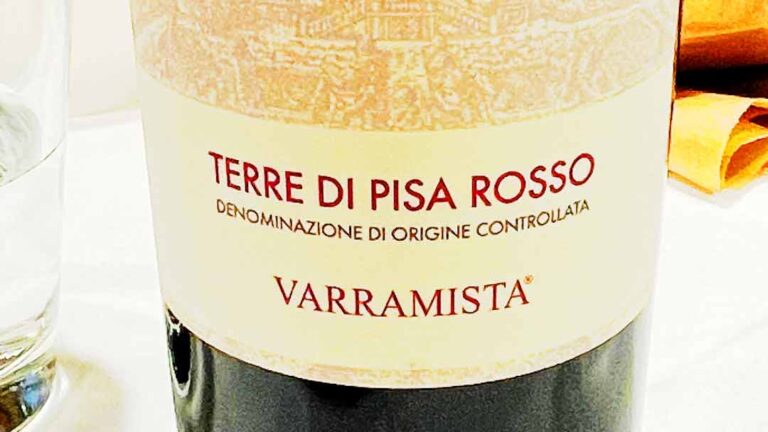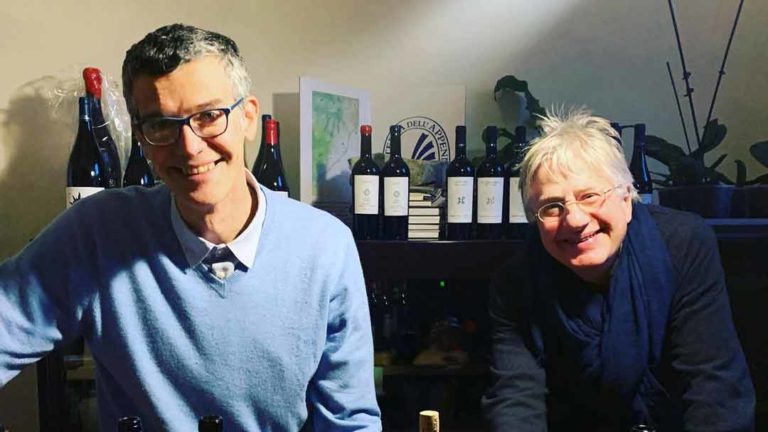Two of Italy´s most prestigious wines are the Piedmontese stars Barolo and Barbaresco. Both made from 100% of the autochthonous Piedmont grape variety Nebbiolo. It is easily recognized by its light colour, high tannins and perfumed aromas, but the two wines have some notable differences.
The main differences between the two wines come from geological qualities: whereas Barolo has a soil rich in clay, in Barbaresco the soil is slightly more sandy and rich in nutrients, leading to a fruiter and less heavy wine, although “light” is definitely an incorrect attribute for this complex and structured wine. Barbaresco is also located on a lower altitude and closer to the river Tanaro compared to Barolo, creating a warmer and more humid climate which influences the character of the grapes.
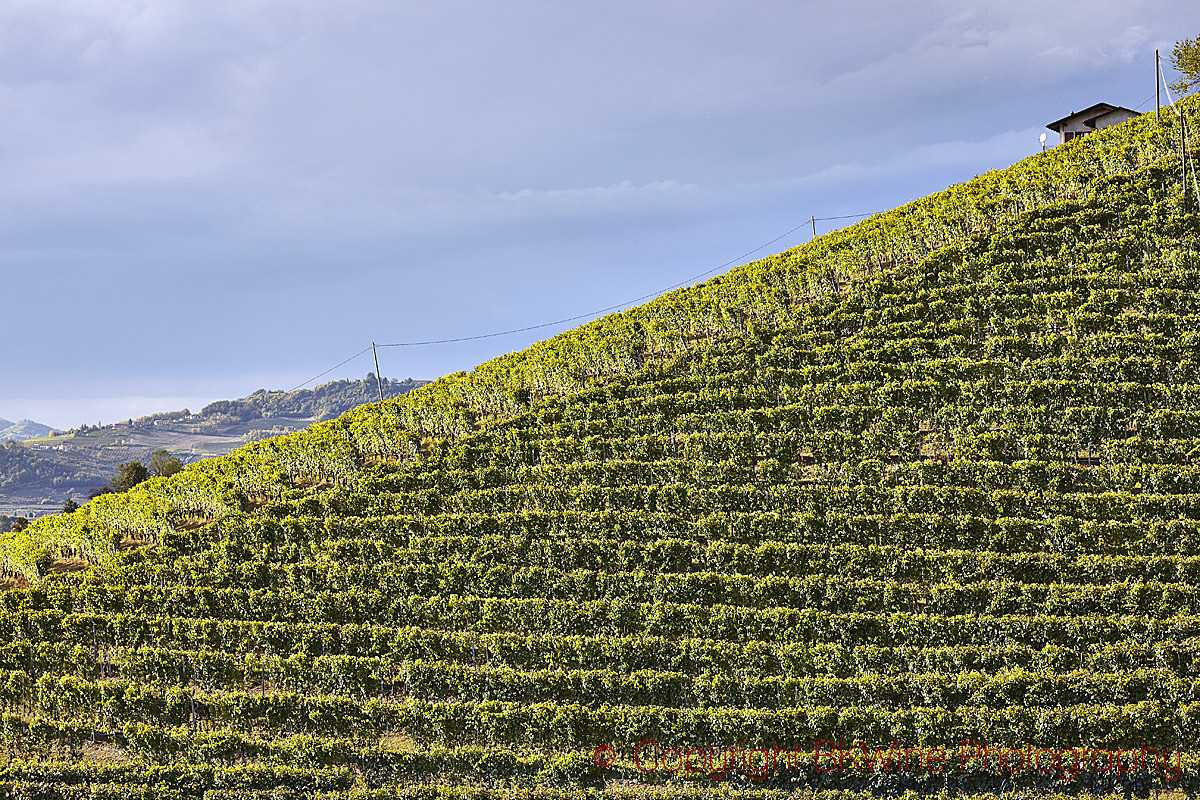
Due to these differences, Barolo is sometimes defined as the “king” and Barbaresco as the “queen” of wines, a definition which, rather than an indication of hierarchy, should be seen as a description of the different character of the two wines.
Barolo wines are often described as more heavy, muscular and tannic, compared to Barbaresco wines that tend to be more elegant and ready to drink earlier, which is one reason why the legal ageing requirements for a Barolo DOCG is one year longer. However, due to the many variations in microclimate between vineyards within the same region as well as different wine making techniques of various producers, the difference between the two wine styles is a rule with exceptions.
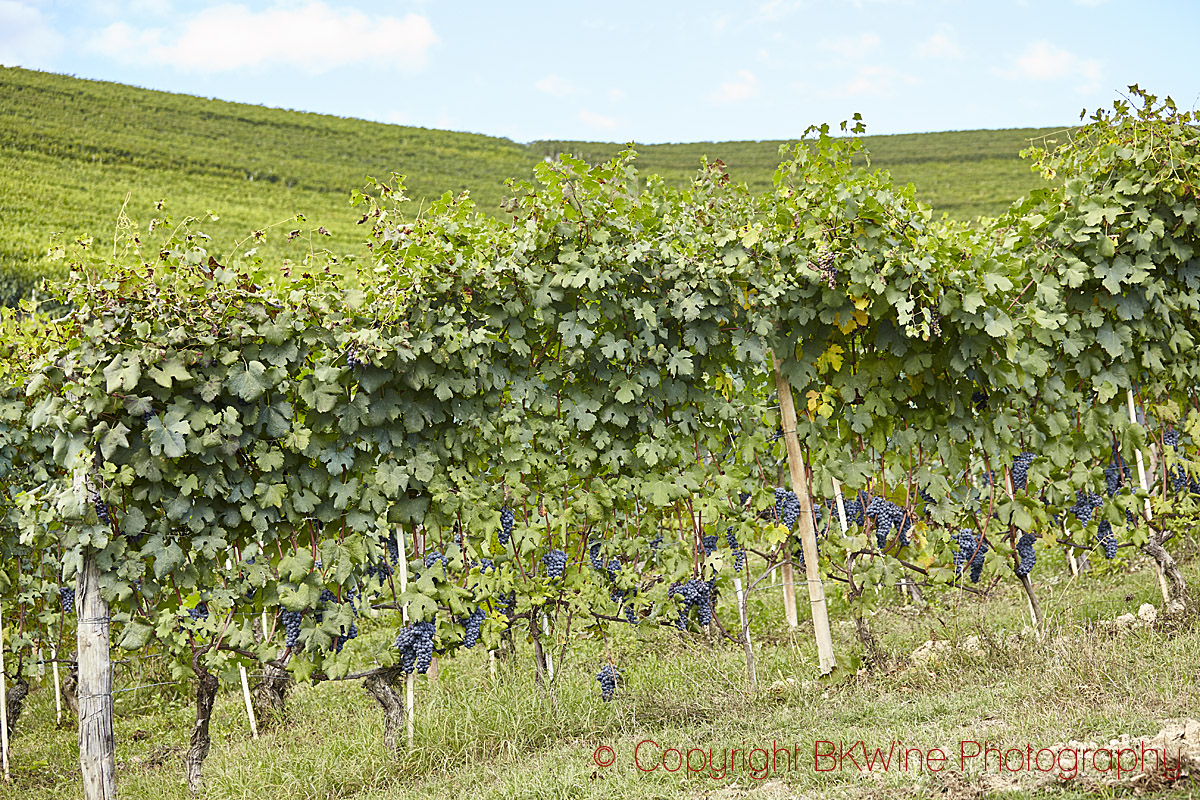
Barolo has for long been the most well-known of the two wines outside of Italy due to various reasons. First of all, the total production of Barbaresco DOCG is about a 3rd of that of its neighbour Barolo, which also has a higher amount of big producers. But the history of the two areas also differ. In contrast to the more aristocratic origin of Barolo in which noble families have played an important role in the promotion of the wine since the 19th century, the identity of Barbaresco has grown more from below, through the incomparable work of a man named Domizio Cavazza (1856-1913) and his founding of the cooperative Cantine Sociali di Barbaresco in 1894, as an attempt to counter fraud in the production of wines, to help diffusing the knowledge of Barbaresco, and to support the local producers getting a correct remuneration for their wines. The still existing and excellent cooperative Produttori del Barbaresco, founded in 1958, can be seen as a heritage of this important initiative by Cavazza.
Barbaresco has been chosen as the “Wine village of the year” in 2019 by the Swedish wine tasting association Munskänkarna, so you will probably hear more about this gem over the next year!
Some important Barbaresco producers: Gaja, Bruno Rocca, Bruno Giacosa, Giuseppe Cortese, Roagna, Rizzi, Ca´ del Baio, Marchesi di Grésy, Rattalino, Luisin, Paitin, Produttori del Barbaresco, Cascina delle Rose, Colla, Montaribaldi.
Sara Nässén writes about wines and wine regions in Italy and has a Master in Wine Culture, Communication and Management at UNISG, Pollenzo, Italy. She is currently based in Piedmont.
[box type=”info” size=”large” style=”rounded” border=”full”]
Travel: Tasting all these wines in their own region is an experience, on a wine tour to Barolo and Barbaresco with BKWine.
Travel to the world’s wine regions with the wine experts and wine tour specialist.
The wine tours filled with unique experiences. BKWine wine tours.
[/box]
